Federal election 2022: Western Sydney voters most likely to vote informally
Western Sydney voters are the most likely to give democracy a big fat middle finger, using their ballot to draw rude pictures or write profanities, new data has shown.
Blacktown
Don't miss out on the headlines from Blacktown. Followed categories will be added to My News.
Western Sydney voters are the most likely to give democracy a big fat middle finger, using their ballot to draw rude pictures or write profanities rather than numbering candidates and having their say.
These ballots, along with ballots unintentionally filled out incorrectly, are classed as “informal” by the Australian Electoral Commission – and the western Sydney seat of Blaxland is the country‘s worst offender.
In Blaxland, about one in eight ballots at the 2019 federal election (13.3 per cent) was deliberately or inadvertently thrown away, compared to about one in 20 ballots for the nation broadly.
Blaxland – which includes Auburn, parts of Lidcombe, Berala, South Granville, Chester Hill, Bass Hill, Regents Park, Yagoona, Georges Hall, Milperra, Condell Park and parts of Bankstown -- also had among the lowest turnout rates for voters in 2019 (88.5 per cent compared to a 91.9 per cent national average).
Minh Laer, who works at Cabramatta East Newsagency, said Labor always wins and while she personally votes every time, she understood why many don’t bother.
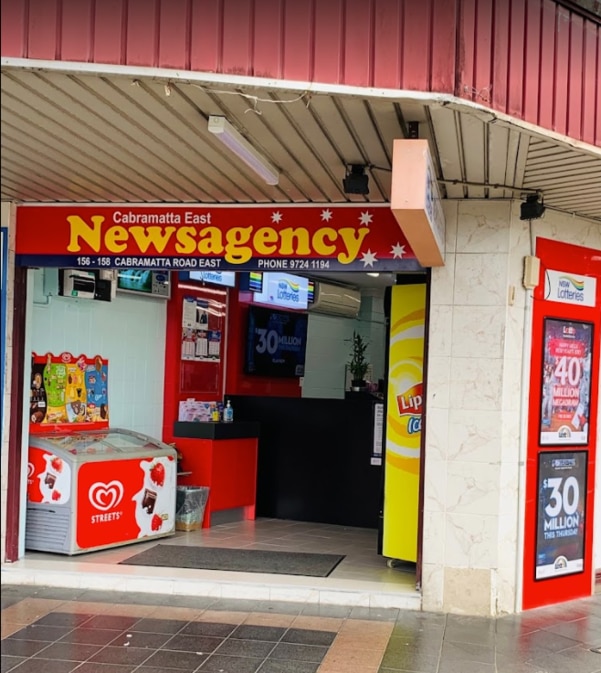
“We do care about voting here but it is just Labor Labor Labor anyway,” she said. “I would still say yes, definitely make your vote count because you never know.
“I think people just don’t be silly, just vote even if it is so you just don’t get fined.”
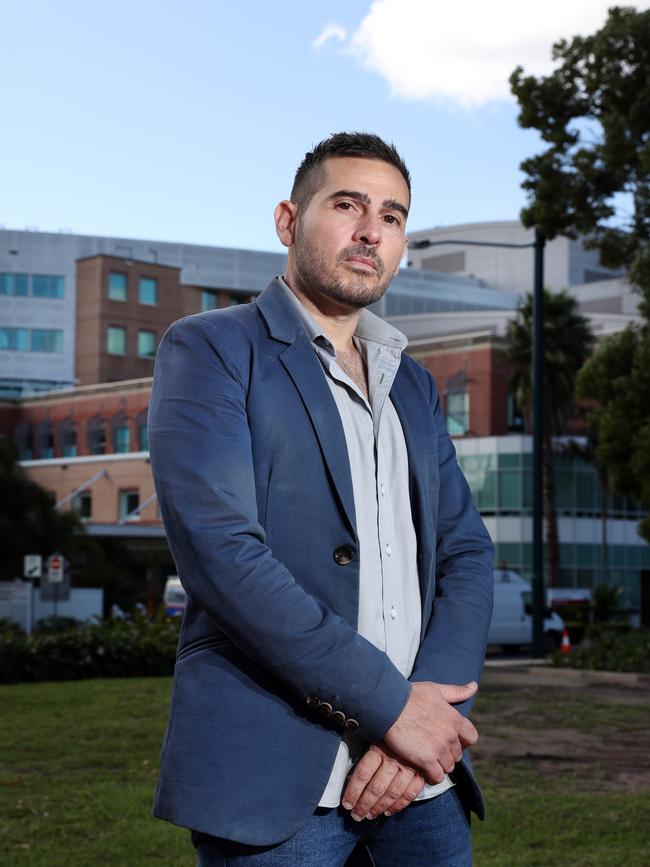
Western Sydney Leadership Dialogue’s executive director Adam Leto said the upcoming election was crucial for western Sydney.
“Western Sydney is historically an important region for both sides of politics, and at this election, with a number of key marginal seats in play, it could have a big role in determining the final outcome.
“I understand that not everyone has an interest in politics, or think that their voice matters – but most often – they’re the type of voters who will decide who leads our country.
“The people of western Sydney – those who really do represent the quiet majority – should cast a vote for the local candidate they think will best represent them and their community and who will deliver for the region as a whole.”
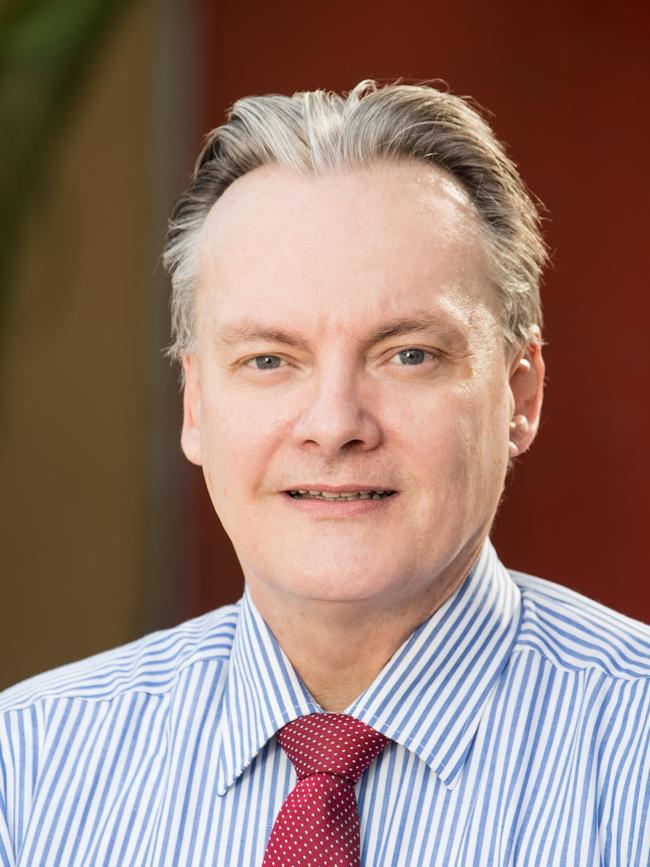
A lack of interest among Blaxland voters may also stem from the fact the ALP has won the seat in every election since 1972.
“This election will give greater western Sydney an important voice on the national stage, so it’s vital that the people of the west stand up and be counted at the polling booth this Saturday.”
Political commentator and Griffith University associate professor Paul Williams said people were more likely to throw away their vote if they believed it would not make a difference anyway.
“(Most) informal ballots are unintentional – people who do not understand how to fill out a ballot for the House of Representatives,” he said.
“(The rest) are deliberate spoilers of ballots.
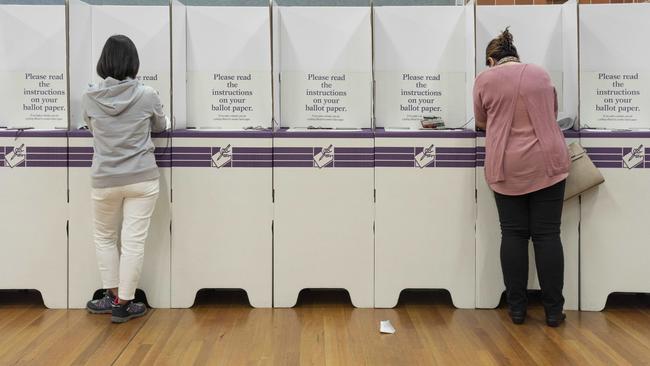
“They feel there is no choice in Australia, that one vote can’t change anything, and they are just going through the motions so they don’t get a fine.”
An AEC analysis of almost half a million informal votes in the 2013 federal election revealed as many as two in five informal ballots were intentionally sabotaged.
This included about 21 per cent that were left completely blank and 15 per cent with “scribbles, slogans and other protest vote marks”.
However, the most common reason for a ballot to be deemed ineligible was because the voter put a 1 against their favourite candidate but did not number the rest of the boxes (29.5 per cent of all informal votes).
About 11 per cent used ticks and crosses rather than numbers, 14 per cent used non-sequential numbering, and 1 per cent featured handwriting so messy the numbers could not be discerned.
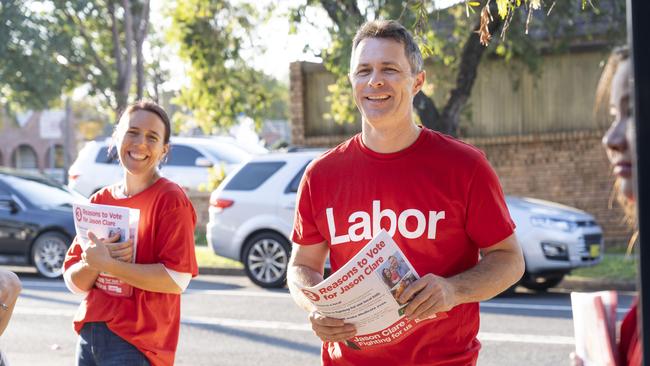
Other NSW divisions with high rates of informal voting include Fowler (Sydney’s outer southwest), Watson (Sydney’s inner west), McMahon (Sydney’s outer-West), Werriwa (Sydney’s outer southwest) and Lindsay (around Penrith) – all of which had at least double the rate of the national average.
So, why does this matter? Isn’t drawing dicks and middle fingers on a ballot paper all just a bit of fun?
In 2019, there were 22 electorates where the number of informal votes was higher than the margin between the two most popular parties, meaning if all of those ballots had been correctly cast and for the runner up, there would have been a different result.
Even if only the intentional protest ballots were redirected to the runner up (assuming a third of informal votes fit this category), there are still six electorates that would have had a different result – Eden-Monaro (NSW), Blair (QLD), Macquarie (NSW), Cowan (WA), Chisholm (VIC) and Bass (TAS).
| STATE | DIVISION | WINNER | VOTES AHEAD OF RUNNER-UP | INFORMAL VOTES | DIFFERENCE |
| NSW | Eden-Monaro | Labor | 1685 | 7246 | 5561 |
| QLD | Blair | Labor | 2321 | 7765 | 5444 |
| NSW | Hunter | Labor | 6074 | 10049 | 3975 |
| NSW | Macquarie | Labor | 371 | 4338 | 3967 |
| WA | Cowan | Labor | 1417 | 4850 | 3433 |
| NSW | Dobell | Labor | 3035 | 6439 | 3404 |
| VIC | Chisholm | Liberal | 1090 | 4463 | 3373 |
| TAS | Bass | Liberal | 563 | 3240 | 2677 |
| SA | Boothby | Liberal | 3047 | 5453 | 2406 |
| NSW | Lindsay | Liberal | 9825 | 12135 | 2310 |
| QLD | Lilley | Labor | 1229 | 3480 | 2251 |
| VIC | Corangamite | Labor | 2170 | 4196 | 2026 |
| NSW | Werriwa | Labor | 10311 | 12324 | 2013 |
| NSW | Parramatta | Labor | 5934 | 7739 | 1805 |
| VIC | Indi | Independent | 2816 | 4601 | 1785 |
| NSW | Greenway | Labor | 5343 | 6925 | 1582 |
| TAS | Braddon | Liberal | 4329 | 5330 | 1001 |
| WA | Swan | Liberal | 4529 | 5196 | 667 |
| NSW | Wentworth | Liberal | 2346 | 2771 | 425 |
| NSW | McMahon | Labor | 11335 | 11731 | 396 |
| NSW | Gilmore | Labor | 5627 | 5970 | 343 |
| NSW | Reid | Liberal | 5960 | 6119 | 159 |
MAKE YOUR VOTE COUNT
Ballot papers cast in House of Representatives elections are informal if:
■ the ballot paper has no vote indicated on it
■ the ballot paper does not indicate the voter’s first preference for one candidate, and an order of preference for all the remaining candidates
■ the ballot paper has any mark on it by which the voter can be identified




